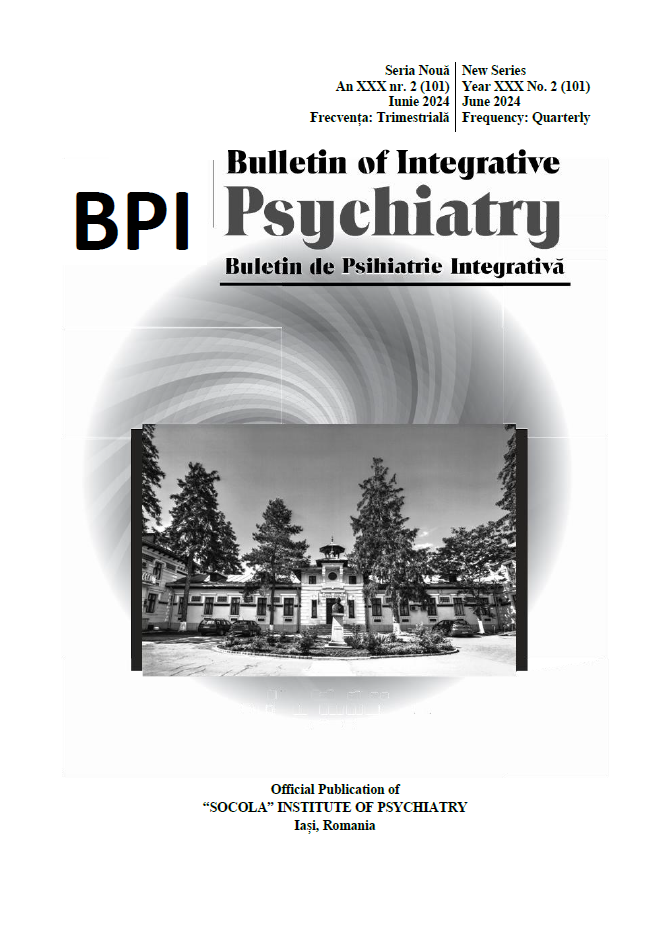Affective disorders in Parkinson’s disease
Affective disorders in Parkinson’s disease
Author(s): Ovidiu Alexinschi, Emanuel-Andrei SirițeanuSubject(s): Essay|Book Review |Scientific Life
Published by: Editura Sedcom Libris Iasi
Keywords: Parkinson's disease; affective disorders; depression; bipolar affective disorder.
Summary/Abstract: Parkinson's disease is a progressive neurodegenerative disorder characterized by damage to dopaminergic neurons in the substantia nigra , pars compacta and nigrostriatal pathways. This translates into a low level of dopamine which is responsible for the appearance of specific motor manifestations such as tremors, rigidity, bradykinesia, akinesia and postural instability. The clinical picture of Parkinson's disease is complemented by non-motor symptoms such as affective disorders, psychotic manifestations, neurocognitive disorders, hypnic disorders or autonomic dysfunction.This paper represents a critical assessment of the symptomatology, risk factors and treatment of affective disorders in Parkinson's disease, making a comparative analysis between the most common clinical manifestations and the pharmacological treatments used.Studies show an extremely variable rate (2.7%-90%) regarding the presence of depression in patients diagnosed with Parkinson's disease.In general, all antidepressants are effective and safe in treating depression in Parkinson's disease. The most commonly used in practice are SSRIs and mirtazapine, and the best results have been obtained with tricyclic antidepressants (such as desipramine, nortriptyline), SNRIs (venlafaxine) and SSRIs (citalopram, sertraline, paroxetine). Using the UPDRS scale, pramipexole (dopaminergic agonist) has been shown to have the best antidepressant effect results (both in major depressive disorder and in bipolar affective disorder) among antiparkinsonians.The number of studies evaluating bipolar affective disorder in Parkinson's disease is much smaller than those addressing unipolar depressive disorder. However, it has been shown that the presence of bipolar affective disorder ((hypo)manic, mixed and depressive episodes) predisposes to the appearance of this neurodegenerative disease (having a much higher incidence compared to the general population). The treatment of this condition is carried out with mood stabilizers, but lithium (the first line in bipolar affective disorder) is not recommended in patients with Parkinson's disease due to adverse effects (it can worsen tremors). Thus, valproic acid (especially for rapid-cycling bipolar affective disorder) and antipsychotics with a thymostabilizing effect such as clozapine, quetiapine and pimavanserin are preferred.
Journal: Buletin de Psihiatrie Integrativa
- Issue Year: 101/2024
- Issue No: 2
- Page Range: 129-137
- Page Count: 9
- Language: English

